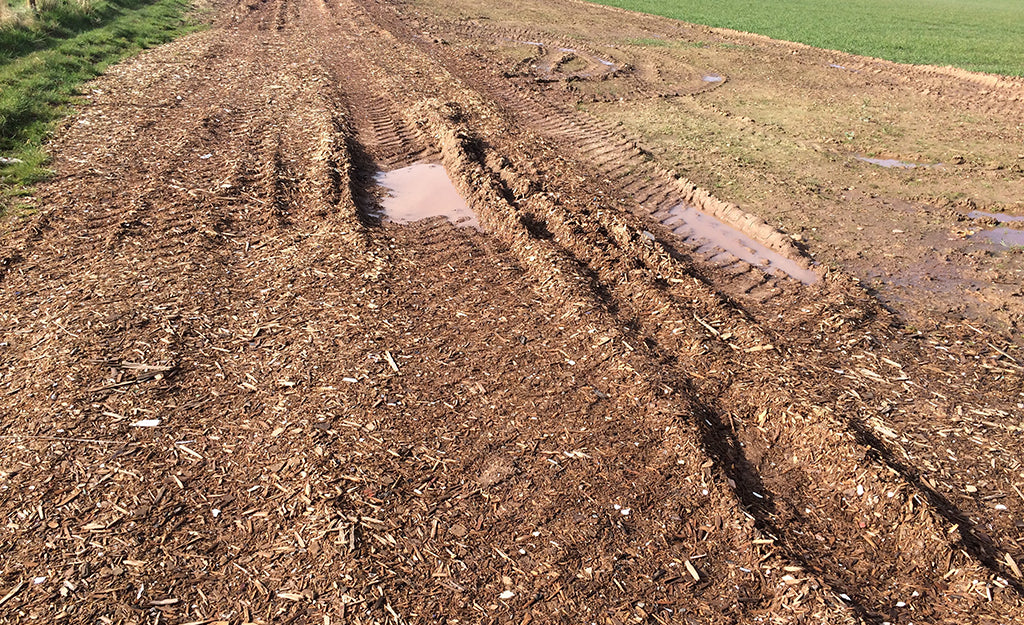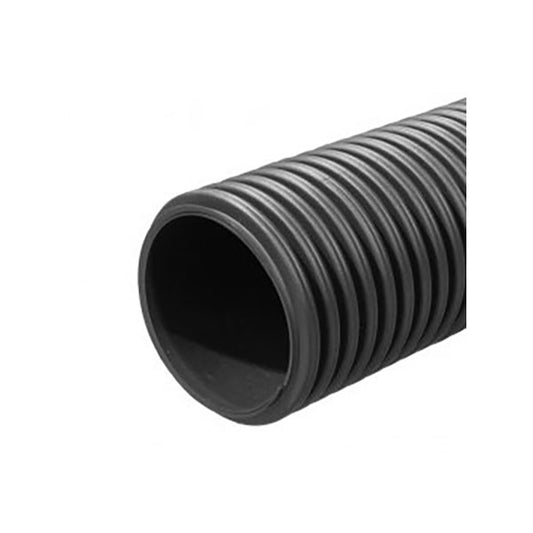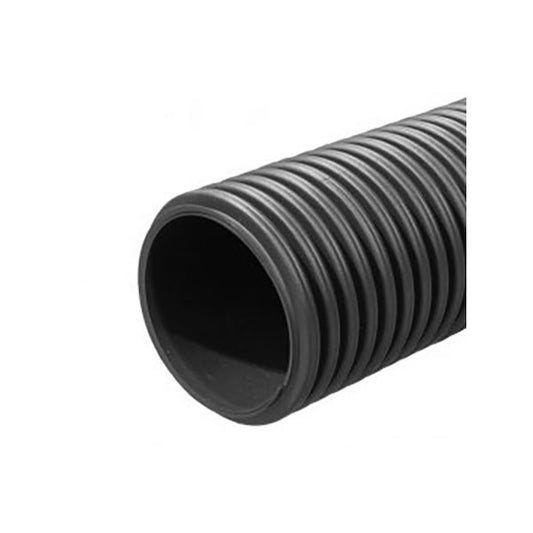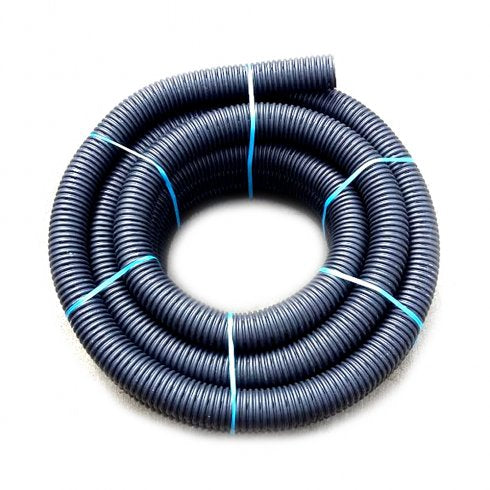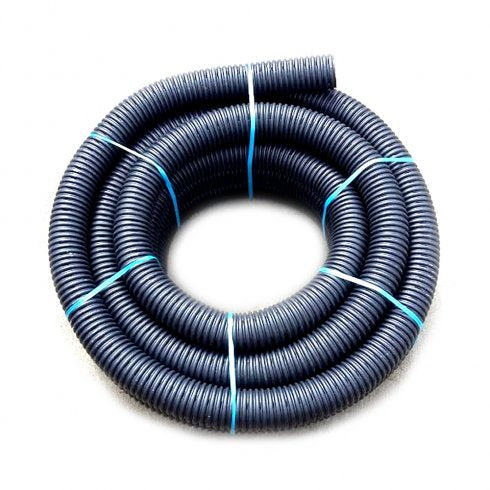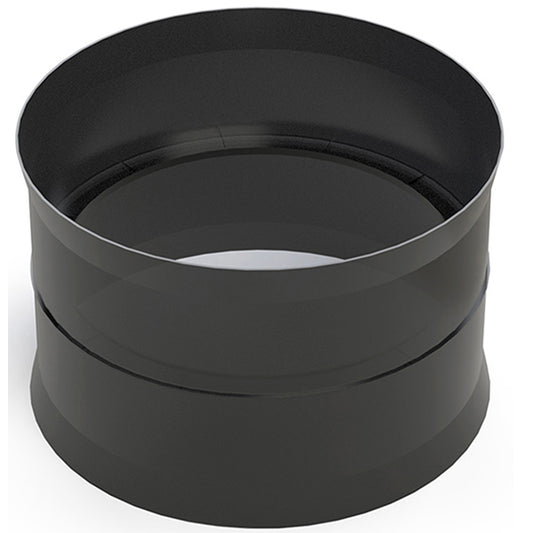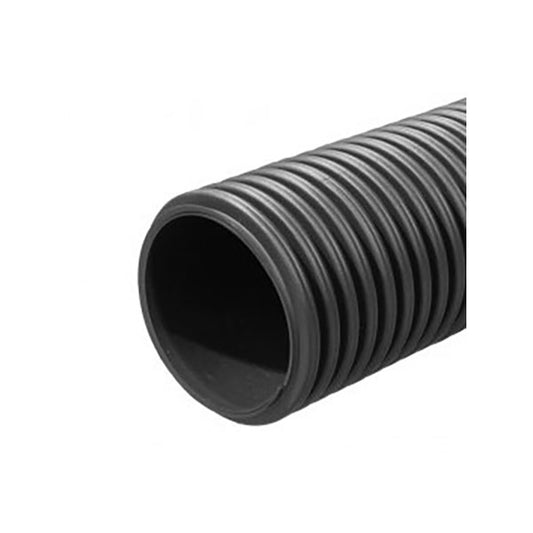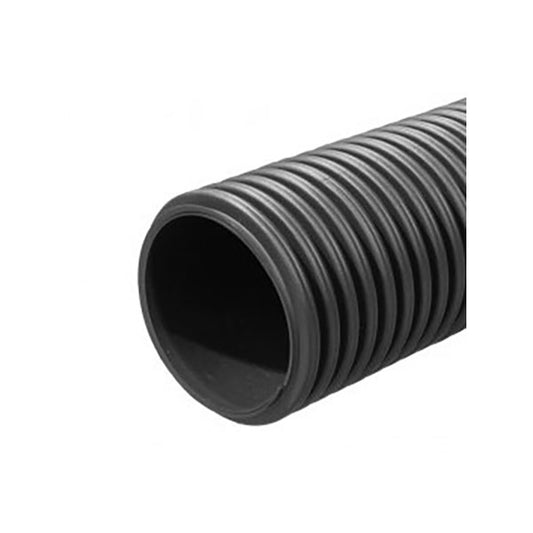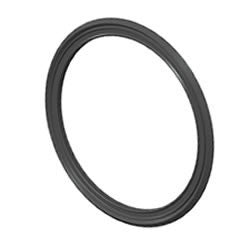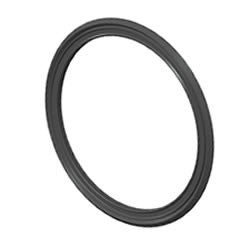The UK has many different types of soil due to variations in geology, climate, plant and animal ecology and land use. Understanding the type of soil you have is an important first step in identifying the best crops to grow and the actions needed, such as good drainage, to get the most from your soil. Here’s our guide to different soil types.
Why is soil so important?
The health of your soil is vital to the success of your crop yields. Soil supplies the essential nutrients, water, oxygen and root support that crops require in order to grow effectively. Soil also acts as a buffer to protect the roots of plants from extreme changes in temperature.
To yield plentiful crops, it is essential to seed the right plant, at the right time and right place. Knowing your soil type is vital, especially as each has its own advantages and disadvantages.
What are the different soil types?
Here are the different soil types:
-
Sandy soil
This soil is loosely packed. It is often known as light soil due to its high proportion of sand and little clay. Its loose structure means that it does not hold water well – its large particles and gaps help water quickly drain through the spaces in the soil. - Clay soil
This soil is tightly packed. It is a heavy soil type that benefits from high nutrients. Clay soils remain wet and cold in winter and dry out in summer. Due to its compact structure, it holds onto water near the surface. It does not drain well and water does not reach deeper roots. - Silt soil
This is a light soil type that is fertile and retains moisture. It contains medium-sized particles which means it also drains well. As the particles are fine, they can also be easily compacted. -
Peat soil
This soil is high in organic matter and moisture. It is an accumulation of partially decayed vegetation or organic matter. It is unique to natural areas so rarely found in fields. - Chalk soil
This soil can be light or heavy but is always high in alkaline and pH due to the calcium carbonate or lime in its structure. It is typically not considered to be very fertile and can prevent the growth of crops. - Loam soil
This soil combines clay, sand and silt along with organic matter. This makes it ideal for growing crops. These soils are fertile, easy to work with and provide good drainage.
How to find out what your soil type is?
The best way to find out your soil type is to speak to your local agronomist who can provide you with expert advice.
As a quick test, you can work out your soil type by simply looking at it and feeling it. Simply add water and then roll it between your hands to observe how it looks and feels. For example, is it gritty, sticky, slimy?
- Sandy soil
This has a gritty texture, you can feel sand grains within it, and it falls through your fingers. It can’t be rolled into a sausage shape. - Clay soil
This is sticky when wet and can be rolled into a long thin sausage as well as smoothed to a shiny finish by rubbing with a finger. - Silt soil
This has a slightly soapy, slippery texture and does not clump together. - Chalk soil
This soil will froth if it is placed in a jar of vinegar as it contains free calcium carbonate or limestone and is line rich.
How to improve soil drainage?
Your soil type will impact how well your soil drains and the success of your yields.
Good drainage ensures that the soil is properly aerated to help crops grow. If you have excess or standing water it can choke your crops and prevent growth. Drainage also reduces soil and nutrient loss from runoff and can help avoid soil erosion.
How can we help?
Our background is in farming so we understand your needs – our MD’s family have been farming for generations. We are also specialists in land drainage and supply a wide range of products at cost-competitive prices, including land drainage coil, twinwall pipe and large diameter structured pipe.
Our team of specialists can provide you with expert advice. Call us today on 0121 351 3230.
Alternatively, fill out our enquiry form:




